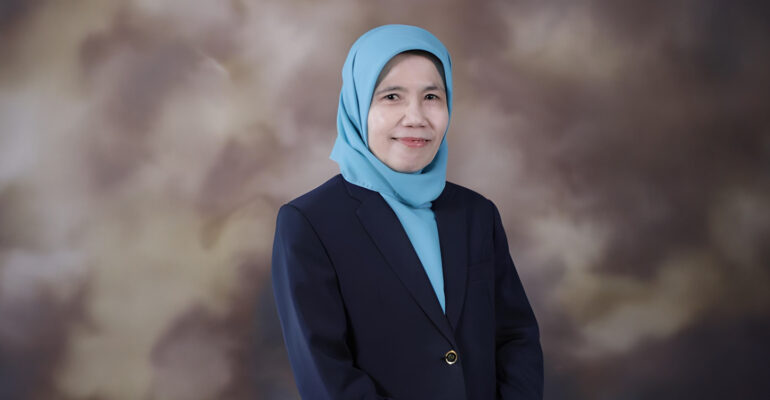Bank Emok: Solution or Problem? Here’s What an IPB University Expert Says

The phenomenon of bank emok has drawn public attention. It is considered helpful, especially for women, due to its easy loan access.
Dr Istiqlaliyah Muflikhati, a lecturer at the Faculty of Human Ecology (Fema), IPB University, believes that bank emok and other credit schemes, such as paylater, are making society more accustomed to debt.
She pointed out that many people, particularly women, take out loans not to meet essential needs but to fulfill desires. She warned that an uncontrolled debt culture could become a serious household economic issue.
However, in her interviews with women from both rural and urban areas, many admitted that bank emok was beneficial. They preferred it over borrowing from relatives or neighbors, which could be difficult, especially when they needed quick funds.
“For example, they use the loans to pay for their children’s school fees or other urgent expenses. The loans are taken in groups, and they meet weekly to make payments,” she explained.
Despite its convenience, she noted that bank emok carries high-interest rates. Dr Istiqlaliyah revealed that microcredit schemes like this could have annual interest rates of up to 25 percent, excluding administrative fees charged during loan disbursement.
“If someone borrows Rp1 million, they pay Rp25,000 per week for 50 weeks. This does not include the admin fee,” said the IPB University lecturer from the Department of Family and Consumer Sciences.
She also mentioned that although some housewives are aware that this system involves riba (usury), many still borrow out of necessity.
“If they consistently repay their loans, they are often offered more credit. This is problematic. If they borrow out of necessity, such as for food or business (productive debt), it’s understandable. The issue arises when they get used to borrowing for wants rather than needs,” she added. (dr) (IAAS/RUM)



